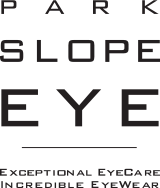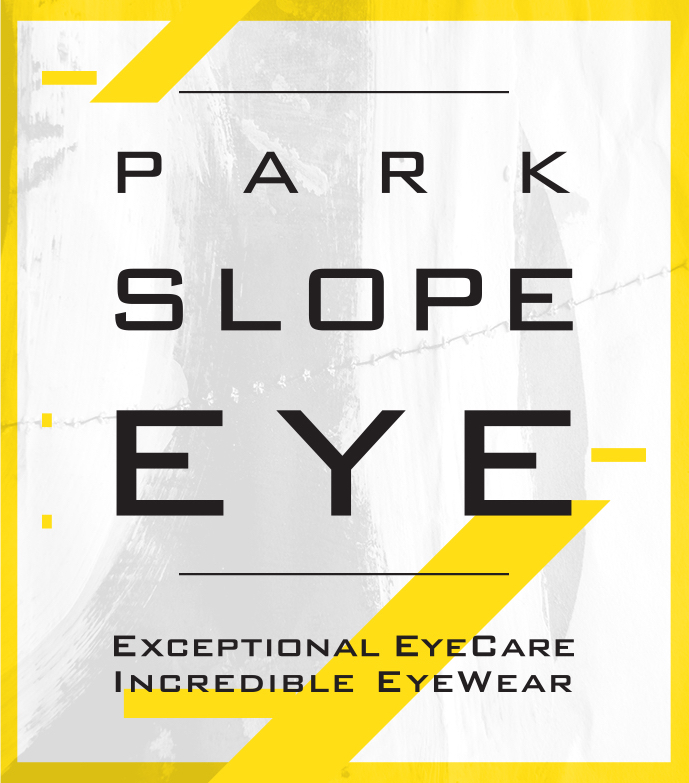“Floaters” are random, squiggly lines and spots that may appear within your field of vision. In today’s post, your eye doctor at Park Slope Eye explains how this seemingly innocuous visual annoyance might be a symptom of something far more serious—retinal detachment.

What Is the Retina?
The retina is the part of the eye that receives light rays and transmits them to the brain via the optic nerve for processing. Attached to the retina is the vitreous, a colorless, jelly-like fluid consisting of collage, water and proteins. Floaters are the result of vitreous cells casting shadows on the retina.
What Is Retinal Detachment?
The vitreous shrinks as aging occurs, pulling the retina away from the back of the eyeball. Retinal detachment occurs when the shrinkage is significant enough to tug at the retina, tearing it open and allowing fluid to infiltrate the torn areas. A patient with possible retinal detachment will experience any or all of the following symptoms: seeing an alarming amount of floaters, sudden flashes of light in the central or peripheral vision or the sensation that a “curtain” is gradually closing down on the line of sight.
Who’s at Risk?
There have been no cases of retinal detachment resulting from wearing contact lenses, since this type of visual aid is worn over the cornea and does not affect the retina, at least as far as placement is concerned. However, you are at a higher risk if you are over the age of 50, have had eye surgeries, suffered an eye injury, are diabetic or are nearsighted. Retinal detachment can also be genetic.
Prevention
Regular eye checkups, wearing proper eye gear when participating in contact sports or any physical activity, and immediate visits to your eye doctor upon experiencing any symptom are just some of the steps you can take to prevent retinal detachment. Left untreated, the disorder can result in vision loss, so it’s best to take action at the first sign of a vision anomaly.
Treatment
Retinal tears and detachment can be corrected through various types of surgery. Consult your optometrist regarding the best treatment for your case.
Park Slope Eye provides personalized eye care services for all. From providing accurate diagnoses to conducting vision therapy sessions, we ensure your comfort and visual well-being. You may contact us at (347) 380-7070. We serve Brooklyn, NY.








